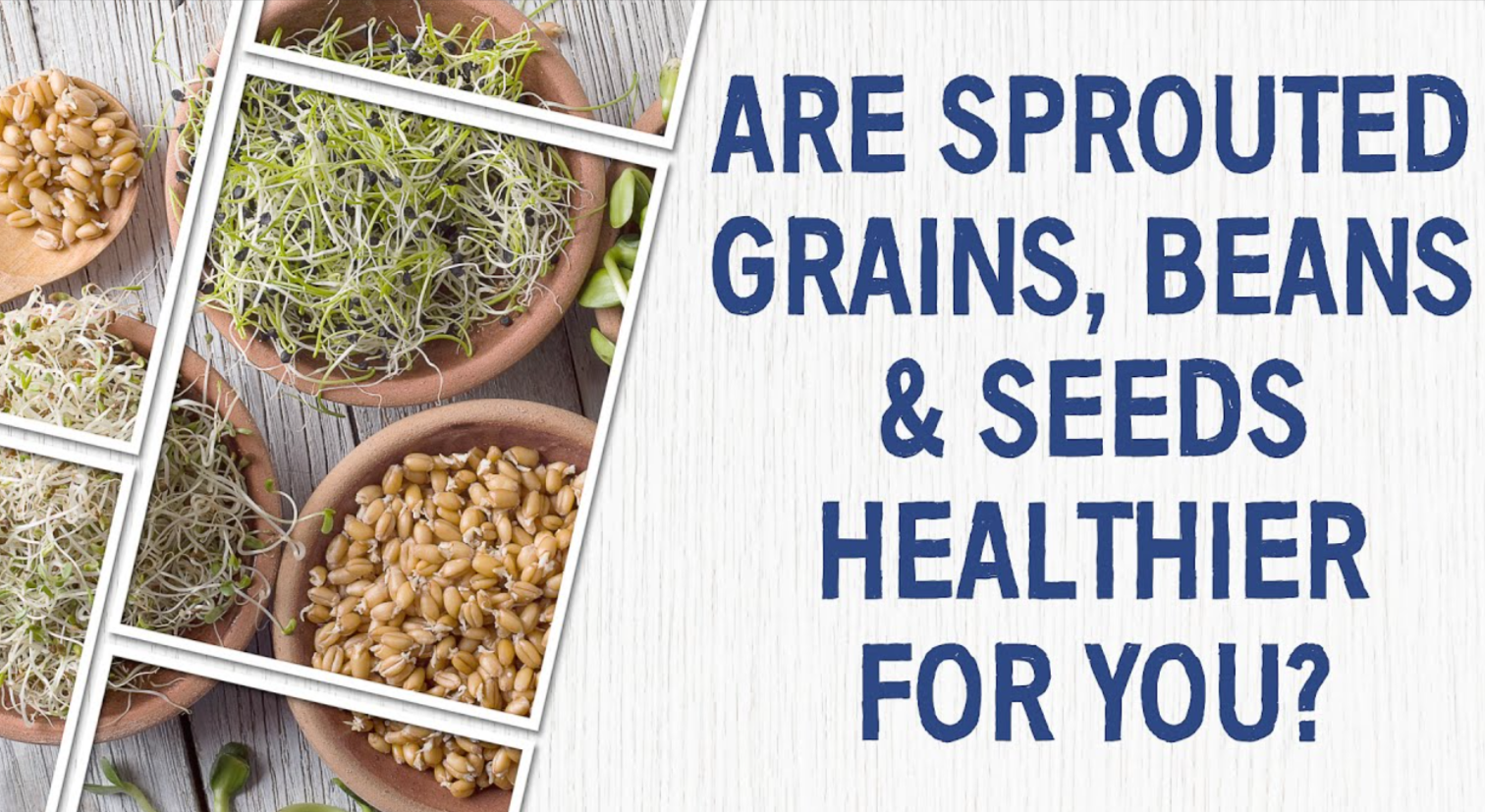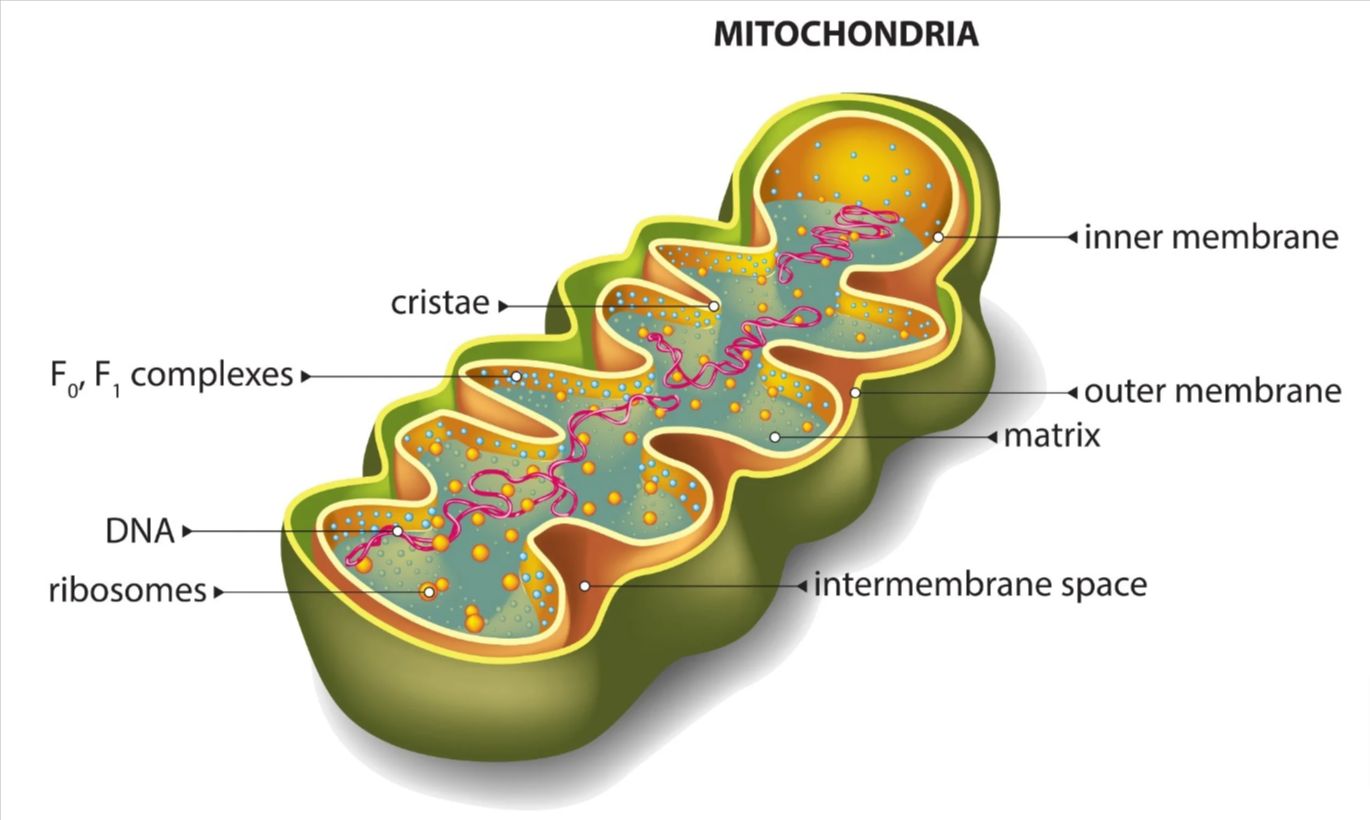The Health Benefits of Sprouted Grains

Sprouted grains have become increasingly popular in the last few years as more and more people get clued in on the pretty amazing sprouted grain benefits. Sprouted grains, you ask, what are they then? This, in other words is the grains that have started germinating. Soaking the grains first and allowing them to sprout enables the complex nutrients to be more easily broken down and assimilated.
Sprouted grains are a very potent ally in the battle for a healthy diet, helping everything from digestion to absorption of nutrients. This article will go over why sprouted grains are the bomb, all there may be to recognize about them, and how you can just about begin using them in your recipes.
🌾 What Are Sprouted Grains?
Grains such as wheat, barley, quinoa, millet and others are encapsulated in all these vegetation, which means they possess natural protection layers that aim to retain them until optimal conditions required for growth. When these grains are in moisture and warmth, they sprout — in a manner of speaking, begin to germinate.
As germination happens it causes the activation of enzymes and the breaking down of starches, proteins and fats. This allows for the nutrition from the grains to be more easily absorbed by the body.
More commonly sprouted grains include:
- Sprouted wheat
- Sprouted barley
- Sprouted millet
- Sprouted quinoa
- Sprouted brown rice
✅Why Do Sprouted Grains Make Stronger Grains?
Wheat composition changed positively post sprouting This is what sprouted grains do differently than other grains:
1. Higher Nutrient Content
Sprouting, for instance, increases the levels of important nutrients such as vitamin B, vitamin C, iron, magnesium and zinc.
2. Easier Digestion
These grains may be rich in complex carbs or protein which would usually be hard to digest, splitting natural enzymes that help digest them more easily.
3. Reduced Antinutrients
The action of sprouting helps to reduce phytic acid and other forms of antinutrients that can block mineral absorption.
4. Lower Glycemic Index
For one, the glycemic index is lower because of sprouting so blood sugar doesn't spike.
👁🗨Really Good for Health Sprouted Grain Coriander
Some of these are quite significant and adding sprouted grains to your diet can actually be beneficial for health.
5. Improved Digestion
Sprouted grains will more easily be digested by our bodies because sprouting can break down complex starches and proteins. This can be especially helpful for those who consistently experience bloating and discomfort from eating normal whole grains.
It also increases the fiber content of grains and thus improves digestion and helps in regular bowel movements.
6. Enhanced Nutrient Absorption
Phytic acid is an antinutrient found in grains that restricts the uptake of those same minerals from grains including iron, calcium and zinc. Because of this, sprouting reduces the amount of phytic acid and makes the important nutrients much more absorbable for your body.
Good for mineral deficient people or plant based dieters.
7. Boosted Immune System
Sprouted grains may boast more nutrients, like antioxidants, vitamins, and minerals, than their unsprouted counterparts. Essential vitamins C and zinc and iron, for example, strengthen the immune system, which protects the body from infectious diseases.
Including sprouted grains into your diet can help strengthen overall immunity and give a lift to your body's defence mechanism.
8. Better Blood Sugar Control
One of the key benefits of utilizing sprouted grains is their lower glycemic index. When the grains begin to sprout, this process digests starches and can slow down the rate at which glucose enters the bloodstream.
Thus, sprouted grains can be a great food choice not only for diabetics, but also for those who are seeking to keep their blood sugar from rising and falling throughout the day.
9. Rich Source of Protein
This sprouting terrace is also protein bio barns, often feeling higher than the upper thick also bitter vine. This can especially be beneficial for individuals consuming a vegetarian or vegan diet, as it provides a more plant-based protein option.
It helps repair damaged muscles, creates energy for the body, and helps maintain healthy skin, hair, and nails.
10. Heart Health Support
They are a great source of dietary fibre, which can reduce levels of cholesterol, help with heart health and increase your satiety. One way to lower or reduce the risk of heart disease is to get more fiber in your diet because it helps with body inflammation, as well as lowers blood pressure.
Similar, the hundreds years of research, sprouted grains needs to include wider scope of antioxidants which assist in safeguarding heart from oxidative stress.
11. Weight Management
Sprouted grains have more fiber and protein to help you stay full longer and avoid hunger pangs. However, as soon as all the sprouting process, the whole sprouted grains levels can be normalized to good health hemoglobin ranges and intake sprouted grains nutrients will result in satisfaction of appetite and will also result in easy adaptation to low body size.
In addition, all that time sprouted grains take to bust out the absorption lever also stabilizes blood sugar, and stops you from gorging at the table.
Ways You Can Enjoy Eating Sprouted Grains 🍽️
Incredibly simple to eat, sprouted grains easily lend themselves to be added in a number of different recipes. Here are some easy ideas:
1. Breakfast Bowls
Sprouted oats make a wonderful addition to your breakfast oatmeal; try with fruit, nuts and seeds!
2. Bread and Wraps
For sandwiches or toast, sprouted grain bread instead of plain old whole wheat.
3. Salads
Salads topped with sprouted quinoa, millet or lentils.
4. Smoothies
Mix in sources of sprouted grains like sprouted brown rice protein with your smoothies to add protein to your smoothies.
5. Snacks
The whole grain variety of our tackling snack consists of sprouted grain crackers or granola.
Are there any risks of eating sprouted grains?
Sprouted grains are nonfor most people, though theyare not without precautions, however:
Food Safety: Improper storage of sprouted grains puts them at risk of Salmonella or E. coli contamination. Always buy from a good landscape with a refrigerator
Gluten Intolerance — Most sprouted grains, especially wheat and barley, contain gluten despite sprouting. If you have celiac or gluten sensitivity; gluten-free sprouted grains are a great choice or even quinoa or millet.
Digestive problems: While sprouted grains are generally much more digestion pleasant and fewer most people will enjoy digestive upset, some folks may well nevertheless expertise digestive troubles when eating sprouted grains. Start with a small amount and pay attention to what your body has to say.
🥄 Selecting Appropriate Sprouted Grains
Things to remember while shopping for sprouted grains:
- Go for Certified Organic: It ensures that the grains are not grown with toxic pesticides or chemicals.
- Freshness Matters: If you want to eat sprouts, those sprouted grains are also not spared.
- Read the Ingredients: Avoid added sugars, preservatives, or any other unnecessary ingredient
Storage Should be kept in a cool, dry place, or in the refrigerator for a longer shelf-life.
🌿 Final Thoughts
Sprouted grains contain a great many health advantages, making them a smart addition to any moderate diet. This can support better digestive process, increased nutrient absorption, and stabilised blood sugar levels which is a part of being healthy.
Sprouted grains can be a simple addition to your daily diet. From salads to smoothies to your breakfast bowl, these super foods are an incredible way to incorporate a little goodness in your lifestyle.
Ready to Try Sprouted Grains? Add them gradually, experiment them in your meals, and enjoy the good health you are inviting onto your dinner table!



